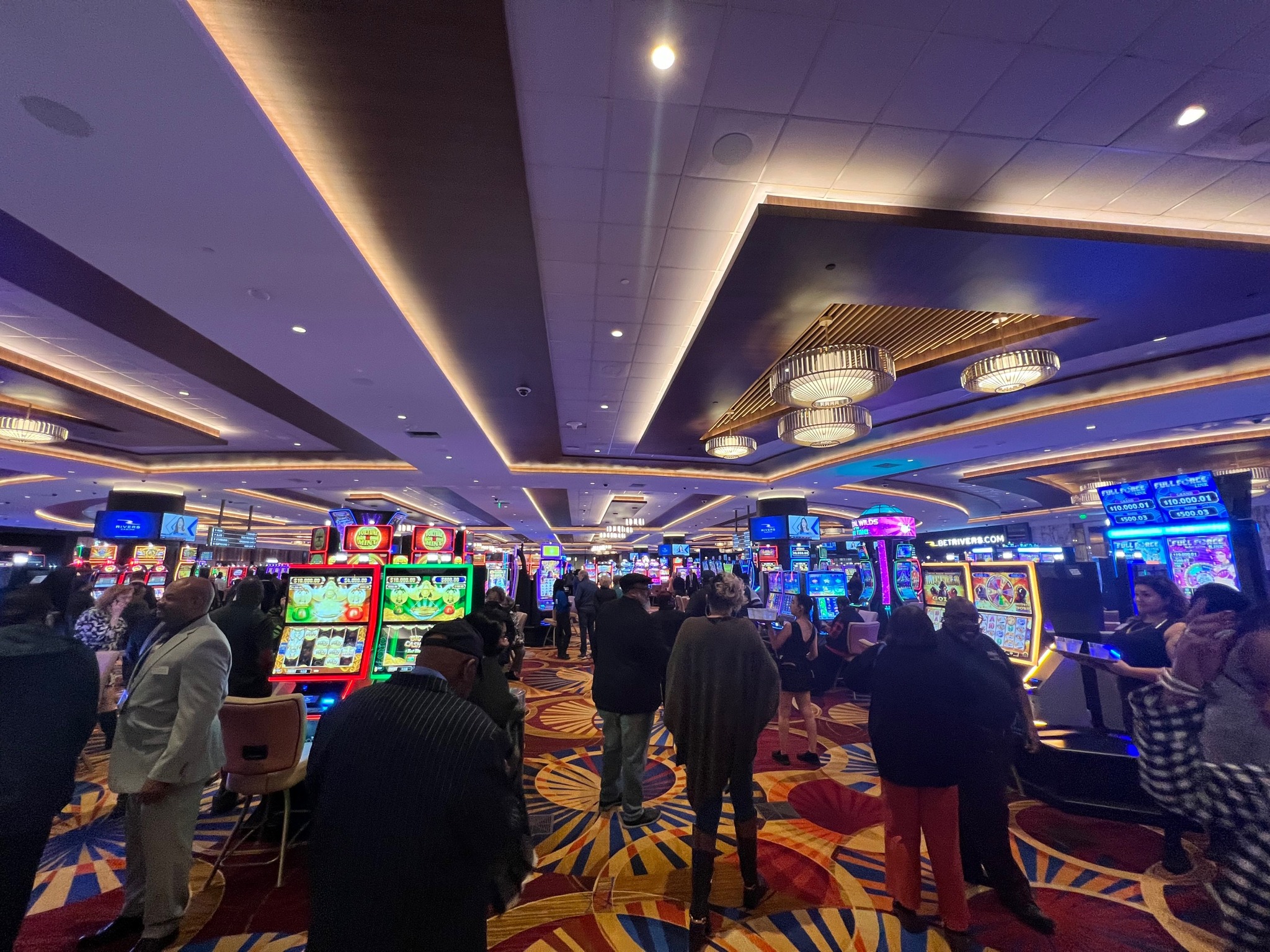
Casino gaming has long been a subject of interest and controversy, attracting millions of players around the world. With a blend of luck, skill, and the thrill of risk, casino games offer an exciting escape from everyday life. However, as entertainment becomes ever more accessible, it calls for a deeper examination of the ethical implications surrounding these games.
At the heart of the discussion lies the issue of whether casinos promote safe gambling or take advantage of vulnerable individuals. The appeal of potential winnings versus the truth of losses can create a complex dynamic, and understanding this balance is crucial for both players and operators. As we delve into the ethics of casino gaming, we will explore the duties of casinos, the impact on society, and the steps that can be taken to foster a healthier gaming environment.
The Impact of Casino Gaming on Society
Gambling in casinos has a considerable influence on the community, affecting not only the economy but also social behaviors and community structures. The funds generated from casinos can lead to job creation and boost regional economies, as they provide multiple employment opportunities in multiple fields including food and beverage, entertainment, and retail. However, while the financial benefits can be substantial, communities often grapple with the potential negative impacts that arise from increased gambling activity.
Moreover, the presence of casinos can lead to an rise in gambling addiction, presenting serious challenges for players and families. The excitement of casino games can quickly transform into a habitual habit, affecting connections with others and leading to financial instability. Many individuals may struggle with the loss of control over their gambling behaviors, resulting in a need for community support services and help to address this growing issue. The social cost of addiction can ripple through kinships and neighborhoods, creating an urgent need for sensible gambling approaches.
In addition to the economic and social ramifications, casino gaming often showcases cultural attitudes towards risk and entertainment. It can encourage a sense of joy and leisure, attracting tourists and boosting tourism. However, this allure may also conceal the wider implications of gambling as a method of entertainment, raising ethical questions about its advertisement and accessibility. As communities weigh the advantages and disadvantages of casino gaming, the need for responsible practices and regulation becomes increasingly critical in ensuring that the beneficial elements are enhanced while minimizing the potential harms.
Ethical Issues in Betting Practices
The ethics of casino gaming often revolve around the risk for addiction and its consequences on people and families. Gambling can lead to serious financial distress, impacting not only the gamblers but also their loved ones. As people become caught in the appeal of winning, many lose sight of their budget, which can result in devastating outcomes such as insolvency. This raises ethical questions about the responsibility of gambling establishments in promoting safe gaming habits and offering support for those who may be dealing with gambling addiction.
Another critical issue is the promotion of betting to at-risk populations. Gambling establishments often target low-income individuals or communities with the promise of quick gains, which can perpetuate cycles of poverty and despair. In this situation, the morality of marketing strategies used by gambling establishments come under scrutiny, as they may exploit the desperation of individuals seeking an escape from financial hardships. This manipulation raises moral questions about the honesty of the gambling industry and its obligation to protect its most at-risk customers.
Additionally, the impact of gambling gaming on the community as a entirety cannot be overlooked. While some argue that gambling establishments create jobs and boost local economies, others point to the social costs associated with dysfunctional gambling, increased crime rates, and a strain on public resources. Balancing financial advantages with the risk for community issues presents a challenging moral dilemma for lawmakers and gambling operators alike. The difficulty lies in discovering a ethical approach that prioritizes the well-being of people and society while still allowing for the enjoyment of gambling activities.
Regulation Structure and Responsibilities
The legal structure pertaining to casino activities is designed to ensure justice, integrity, and gambler protection. https://rr88.wales/ Multiple government agencies and casino commissions create and implement regulations that dictate how gaming games work, the criteria for product design, and the protocols for handling prizes. These regulations change by region but commonly involve permit requirements for providers and stringent measures to prevent cheating and fraud.
In furthermore to oversight bodies, casino establishments bear significant duty in upholding moral standards within their establishments. They must implement safe player practices that promote participant safety and consciousness, including providing self-ban options and offering information about the risks connected to gambling. Operators are also obligated for training staff to identify signs of problem gambling and understand the appropriate actions to help visitors in distress.
Moreover, openness in casino operations is essential for building and keeping public faith. Casinos should present clear data about the chances of operations, marketing opportunities, and any connected risks. By promoting an environment of honesty and accountability, operators can help mitigate the likelihood negative impact of gambling while boosting the overall gambling experience for all gamblers.
